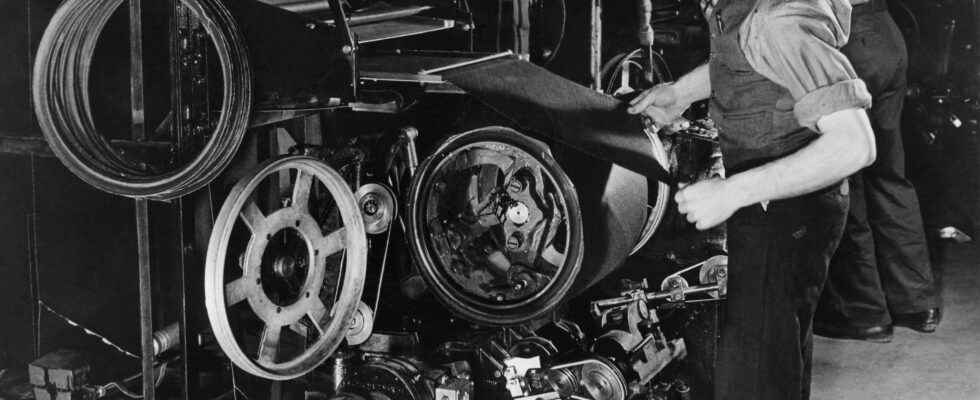For Profit. A History of Corporations, by William Magnuson. Basic Books, 368 pages, 30 euros.
Express rating: 3/5
The company does not necessarily have good press. She never really had it. For centuries, private corporations have been criticized for the greed that would found them and the malevolence that would make them work. Added to the picture today are the harmful consequences of their activities on the environment. They would also jeopardize democracy, when it is established.
Law professor at the University of Texas, William Magnuson sets the record straight. Recalling that Marx saw parasites in these creatures, he tackles more than two millennia of history. He created the company in the Roman Republic. Constituted under the term of company or society, a group of individuals, recognized as such by law, assembles in a unit distinct from each of the persons who form it. These mobilize capital, which gives rise to a new class: the capitalists. A class immediately suspected of being a benchmark for the greedy and corrupt. But the main thing is not there. Magnuson, through eight chapters which are eight portraits of companies at different times, highlights their tremendous contributions to the organization of society and the progress of humanity.
Always in contact with power, they build roads and collect taxes in Rome; under the Medici, they supported the arts and developed an efficient financial architecture. With the British East India Company, they conquered and opened up the world. In the Detroit workshops, with Henry Ford, they are revolutionizing mobility, consumption and working methods. Now, in Silicon Valley, with smartphones and the Internet, “they continue to change the way we interact with the world.”
Taking the opposite view of the usual criticisms against the business world, without ignoring the excesses and scandals, the author maintains that the company has always been a powerful and legitimate actor on the political scene. His reading of History leads to a fair neither-nor: neither heroizing nor overwhelming. Considering that companies have always promoted the common good, while achieving it through their productions and services, Magnuson believes that the current period is probably too focused on profit. This, he says, should not be an end but a means in the service of what the company is deeply about, a human adventure. The remark is not just a blessed yes-yes commonplace. It is also a concern about the level of power that has been achieved nowadays.
